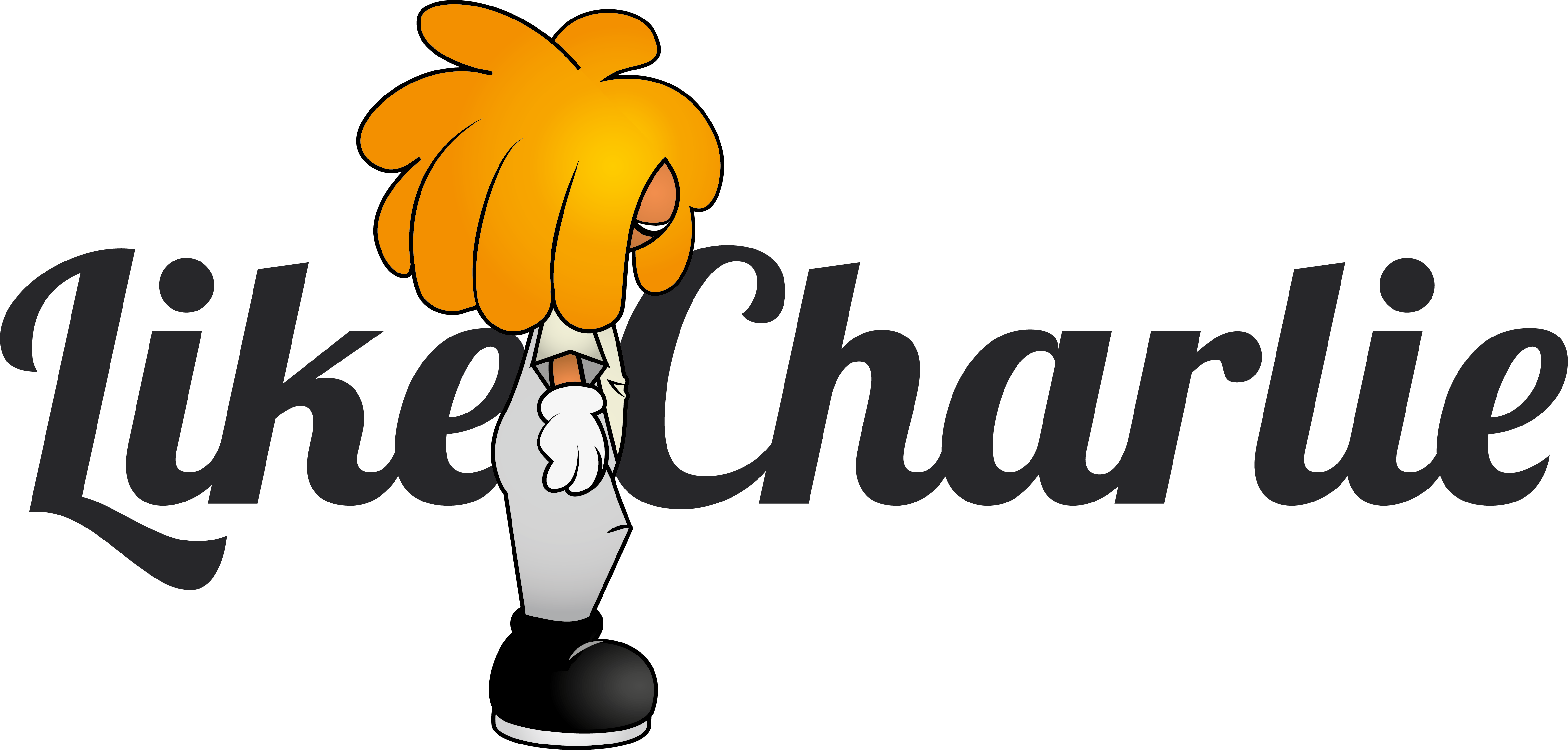Blog 6: The Role of Social Media in Social Pressure Among Gen Z and Millennials
The Role of Social Media in Social Pressure Among Gen Z and Millennials
Social media has become an integral part of the lives of many young people, with Gen Z (born 1997-2012) and millennials (born 1981-1996) particularly reliant on platforms such as Instagram, Facebook, and TikTok for self-expression and connection with their peers. However, recent research suggests that this constant presence of social media can also contribute to feelings of social pressure and inadequacy among these younger generations.
One study, published in the Journal of Social and Clinical Psychology, found that individuals who spend more time on social media are more likely to compare themselves to others, leading to a decreased sense of self-worth. This is particularly true for Gen Z and millennials, who have grown up with social media and may feel pressure to maintain a certain image or presence online. In fact, another study found that social media use is linked to higher levels of anxiety, depression, and loneliness, particularly among younger users.
The constant comparison to others on social media can be overwhelming and lead to feelings of inadequacy or a lack of self-acceptance. It can be easy to fall into the trap of comparing one's own life to the carefully curated and often filtered images and experiences shared on social media, leading to the belief that everyone else's life is perfect except for one's own. This can be especially true for younger generations, who may feel pressure to conform to certain expectations or standards set by their peers or society.
To mitigate the effects of social media on social pressure, it can be helpful to take breaks from the platforms and limit the amount of time spent comparing oneself to others. Comparing yourself continuously is an unconscious process that we need to become aware of. Seeking support from friends, family, and mental health professionals can also provide a sense of perspective and help individuals to focus on their own goals and values rather than external expectations. It's important to remember that social media often presents a distorted and unrealistic view of reality, and it's okay to prioritize one's own well-being and happiness rather than striving for perfection or trying to keep up with others.
What Like Charlie shows in its first print , which was dropped Feb. 11, 2022, is that there are many things currently demanding your attention. Think especially about the various social media channels on your phone. Therefore, ask yourself carefully when and where you want to put your energy.
Remember: It can be done Like Charlie.
sources used:
- Journal of Social and Clinical Psychology, "The Role of Social Comparison in Social Media Use and Its Effects on Social Psychological Well-Being"
- Forbes, "How Social Media Affects Mental Health In Teens And How To Help Them"

Jurren van der Gun
Like Charlie

Leave a comment
This site is protected by hCaptcha and the hCaptcha Privacy Policy and Terms of Service apply.